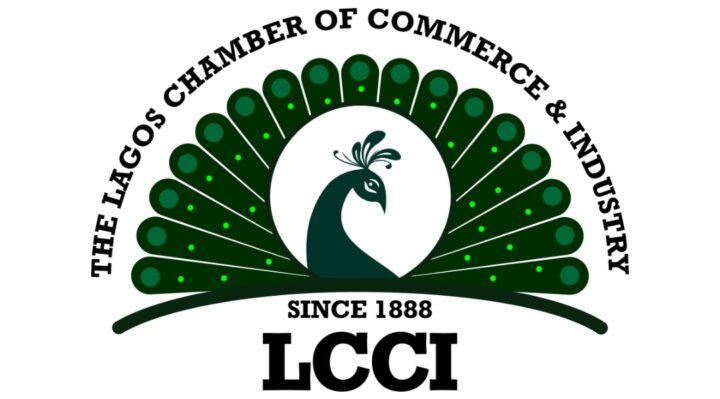The Lagos Chamber of Commerce and Industry (LCCI) has expressed delight at the recent Executive Order introducing zero tariffs, excise duties, and Value-Added Tax (VAT) on imported pharmaceutical inputs. This bold move aligns with the broader initiative to unlock the healthcare value chain, emphasizing the revitalization of local drug manufacturing.
In a statement signed by its director general, Dr. Chinyere Almona, the chamber stated that by significantly reducing production costs, this initiative will enhance the competitiveness of local manufacturers, adding that the recent exit of some pharmaceutical firms has made drug availability difficult, leading to higher costs of medications. This policy intervention has come at a good time.
“The successful implementation of this order requires close collaboration among the relevant Ministries, Departments, and Agencies (MDAs). A harmonized Implementation Framework should be developed to ensure efficient execution. Agencies such as the Nigeria Customs Service, NAFDAC, SON, and FIRS should create a smooth operational environment, eliminating bureaucratic delays and bottlenecks.”
“The LCCI acknowledges that eliminating taxes on crucial inputs paves the way for a revitalized local pharmaceutical industry and improved access to affordable healthcare products. Countries like India and China have successfully implemented similar policies and have become major drug manufacturing hubs in their regions. Nigeria’s new directive should align with these successful models to enhance local manufacturing capacity and reduce import dependency.”
In Nigeria, about 70% of the country’s pharmaceutical needs are met through imports. This heavy reliance on imports is primarily due to limited local production capacity and various challenges in the sector such as high production costs and regulatory hurdles. If sustained, this policy can position Nigeria as a drug manufacturing hub for sub-Saharan Africa, leveraging the African Continental Free Trade Area (AfCFTA) to expand drug exports across the continent. Local manufacturers can also sign supply contracts and franchisee arrangements with leading exporters from India, China, and Europe.
The LCCI Medical and Pharmaceuticals Group comprises long-standing drug manufacturers who have operated under a very harsh business environment, especially regarding the importation of critical inputs for production, harassment from regulatory authorities, and high costs of logistics moving across the country. We therefore urge the government to pay attention to research and development, cross-country logistics, insecurity, and market access to the African continent.
The LCCI lauds this Executive Order as a transformative policy measure. The Chamber believes it will boost domestic production, reduce medication costs, improve healthcare access, create jobs, revitalize Nigeria’s pharmaceutical industry, and improve Nigeria’s Human Development Index (HDI). It marks a significant shift towards market-based incentives, encouraging medical industrialization and reducing reliance on imports. The LCCI remains committed to supporting initiatives that foster economic growth and improve the quality of life for all Nigerians.

